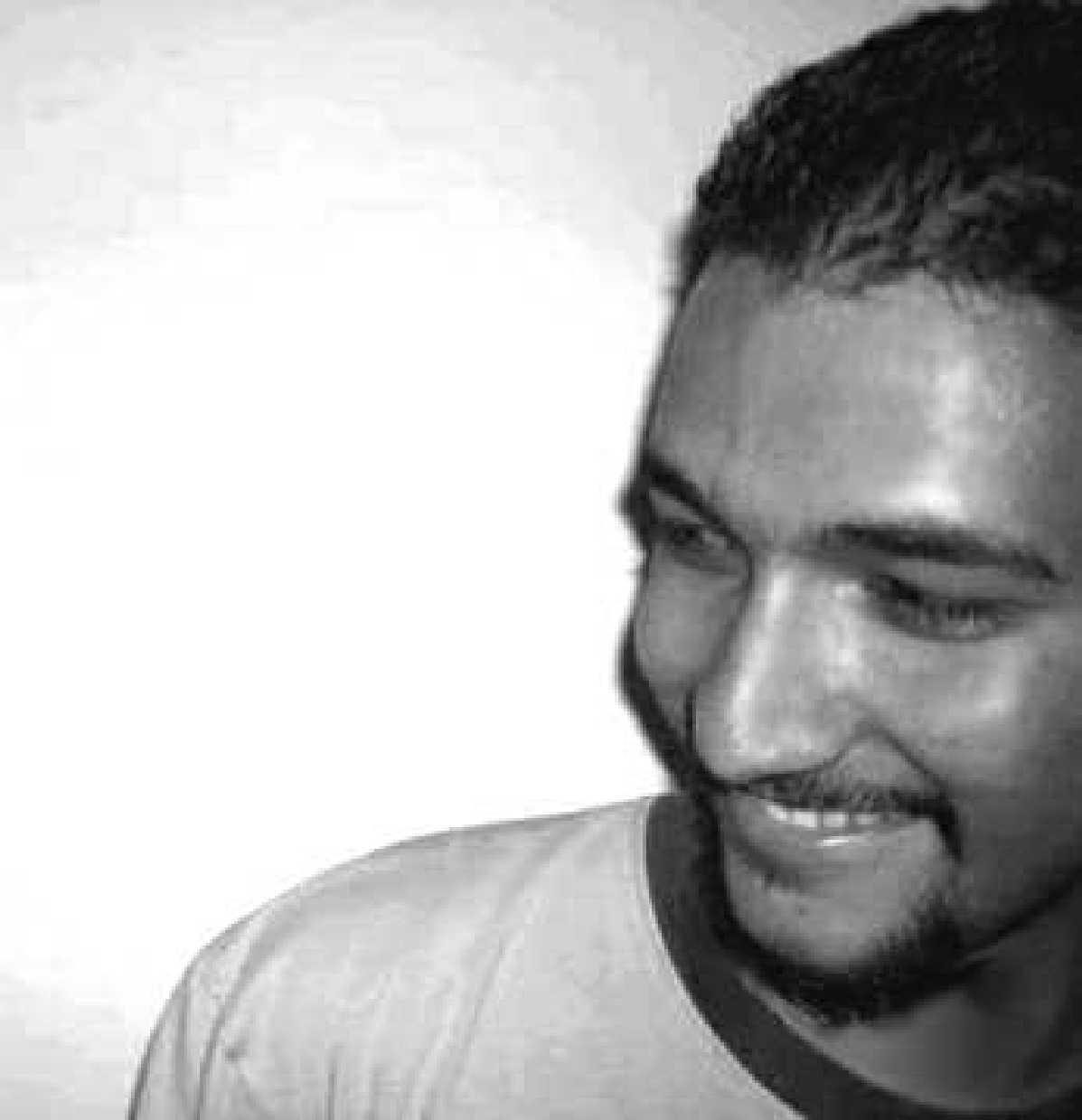 Transportation: Facts and Efforts Transportation: Facts and Efforts
If someone's aim is to blame authorities by complaining, you will find him angry when he
receives a rational explanation for the situation. If his aim is to understand the
problem, he will enjoy the authorities taking his complaint seriously.
Last Monday, I received an e-mail from Mr. Mesut Bozkurt, a specialist from Bilkent
Transportation Services, telling me that the Support and Transportation Services Manager
Mr. Birol Önder would like to discuss my last article*. On Friday I met with Mr. Önder
and Mr. Bozkurt and on Monday, I visited the Assistant Secretary General, Mr. Oğuz
Özbilgin, in his office.
Both Mr. Önder and Mr. Bozkurt cited two important reasons for the transportation
problems I described: European Union regulations on the qualities and conditions of buses
and the chaotic conditions that exist in the city center.
The new regulations (which are a part of the EU integration) forbid using buses more than
19 years old. Stating an age limit might seem sensible, at first. But the real problem is
that the firms subcontracted by Bilkent, in Ankara, did not have enough notice to prepare
their fleets to comply with the regulations before the rule went into effect. All of a
sudden, the firms' buses became useless and the number of appropriate buses fell
dramatically.
When I was in Mr. Oğuz Özbilgin's office, he agreed and pointed out that there were
enough buses before the regulation. But now, since all of the public institutions and
universities start and end their day shifts more or less simultaneously (beginning at 8
a.m. and ending 5 p.m.), there are not enough buses that comply with the EU regulations in
Ankara to satisfy the demand. Furthermore, the city center is virtually one huge
construction site these days. This has a large impact on Bilkent's transportation system
because around 8 a.m. and 5 p.m., more shuttle buses have to make circles between the
campus and the city stops and yet no extra buses can be sent when traffic is too congested
which tends to also occur around 8 a.m. and 5 p.m. Thus, when the first and the second
facts combine in the morning and around early evening, problems arise.
If such problems did not exist, authorities guarantee that we would get on the buses as
long as we were at the stop on time. They have personnel to observe bus stops most of the
day and warn the Transportation Unit when a bus is needed. "Soon," says Mr.
Bozkurt, "we will have cameras letting us know if there are people at the stop."
In my opinion, our transportation system's "weakest link" is that we don't get
enough transportation support from the municipality. That's why the Transportation Unit is
expected to meet all of the transportation demands. When I suggested increasing the number
of minibuses and applying to the Metropolitan Municipality for public buses, both Mr
Özbilgin and Mr Önder explained that they have made numerous requests for such solutions
to the Metropolitan Municipality but to no avail, as the municipality did not even reply.
After we examine three major causes: (1) new regulations, (2) chaotic city traffic and (3)
the municipality's indifference to Bilkent's rightful demands, it can be seen that our
university is in a very problematic situation, as the institutions that might help do not
cooperate much in order to solve the issues. Before talking to Mr. Özbilgin, Mr. Önder
and Mr. Bozkurt, I, an ordinary student, used to think that Bilkent's problems were
internal and could be solved from within. A major point is that Bilkent is not as
independent as we may at first think, from its surroundings and it's not logical to blame
the university for every problem. The best thing we can do as students is to let
authorities know about the problems, suggest possible solutions and cooperate with them.
This is what I understand from being a part of a community.
* The article was a complaint about transportation problems Bilkent has been facing
recently and the lack of public transportation support on Bilkent campuses. Abiding at the
Stop. Bilkent News. 26 September 2006.
İsmail O. Postalcıoğlu
(POLS/IV)
ismail_orhan@yahoo.com
 |







